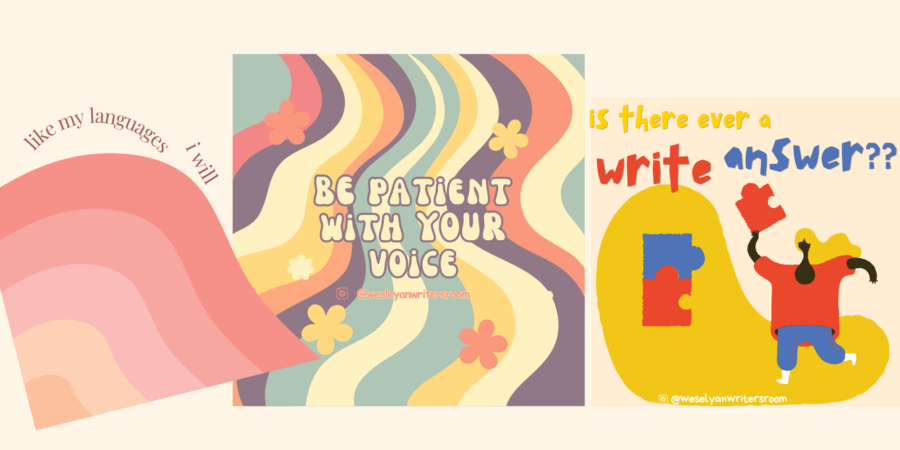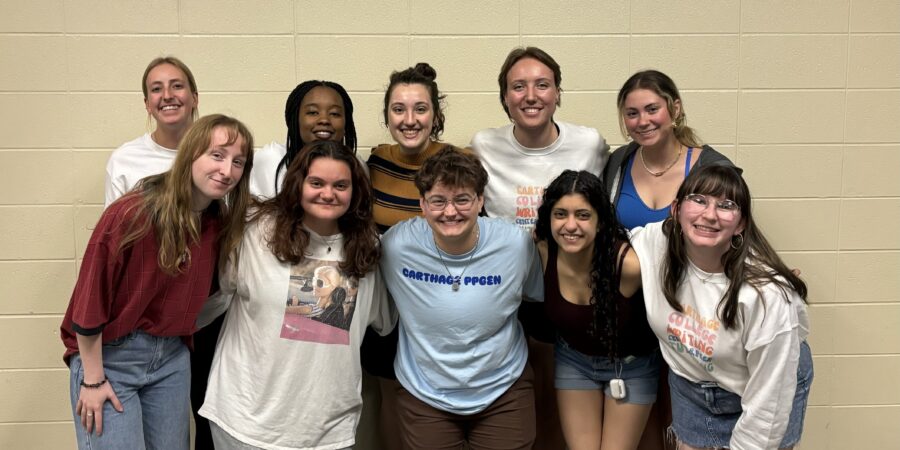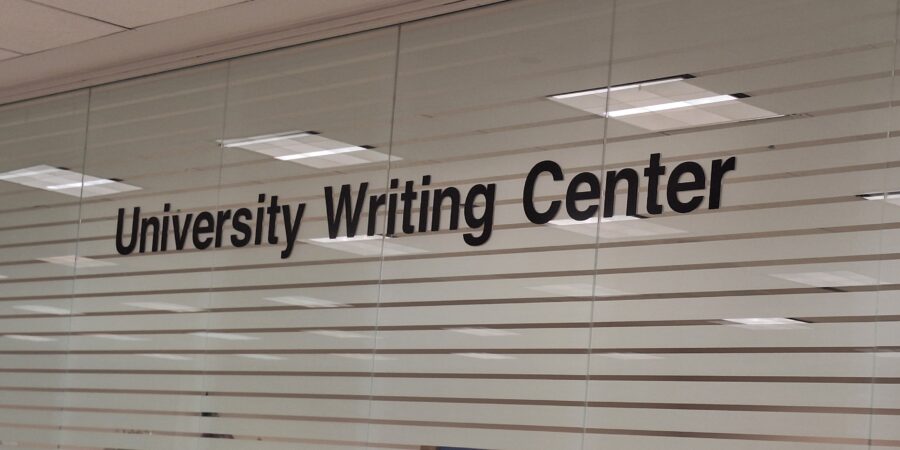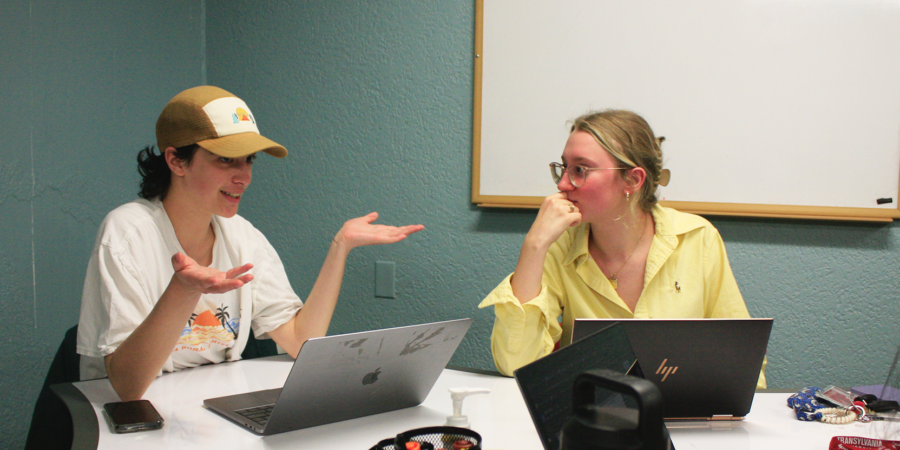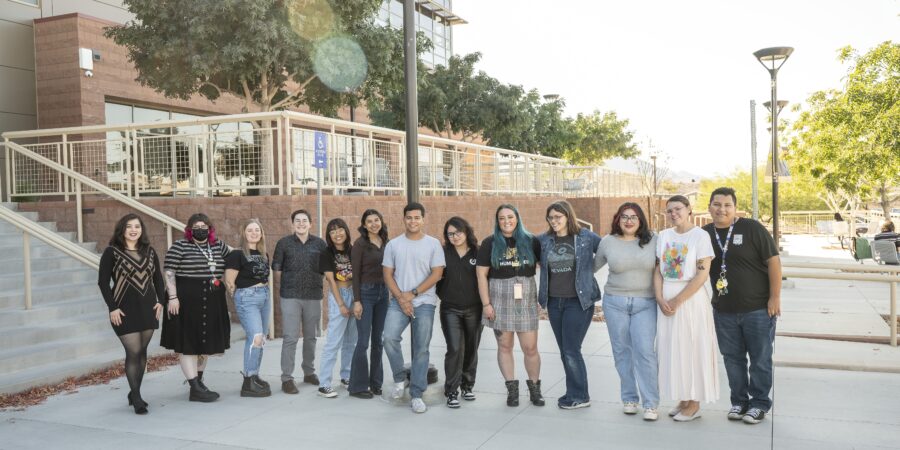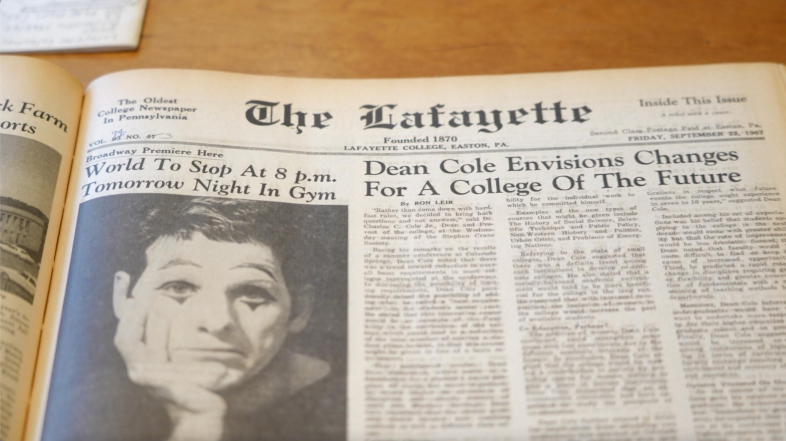Moving Closer, Never Reaching: Translation as Writing and Tutoring Practices
By Xiran Tan, Wesleyan University—My linguistic and physical existence feels much like the in-between space between the asymptote and the curve. The former infinitely approaches the latter yet never touches. Pulled back and forth between Mandarin and English, and drifting away from my first language Cantonese, which was not allowed in Chinese public schools […]

